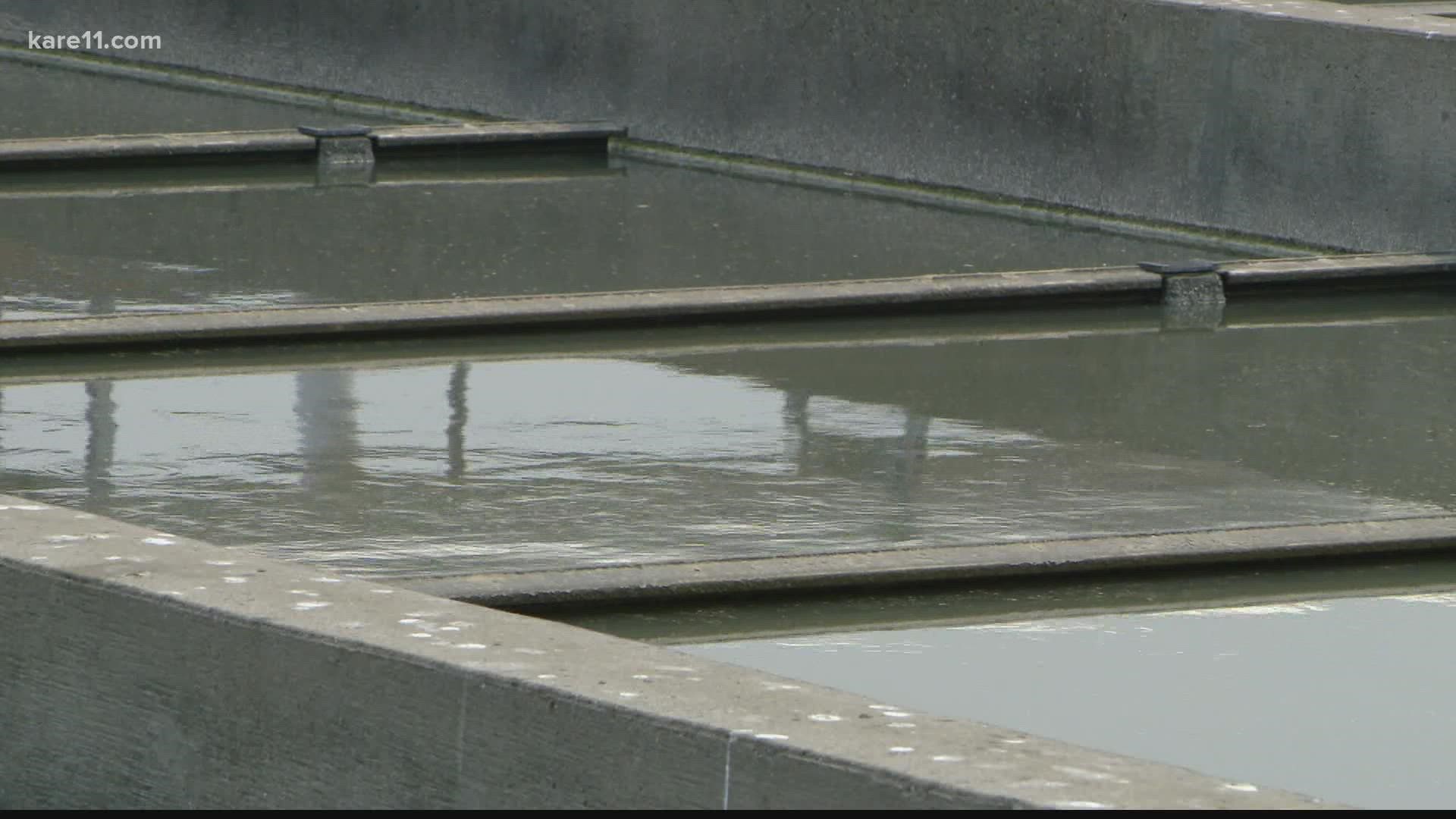MINNEAPOLIS — The omicron variant of the coronavirus has caused the U.S. and many other countries to reinstate travel restrictions to some countries, including South Africa, but health experts say the variant is likely already in Minnesota.
The Minnesota Department of Health says it has begun sequencing COVID samples for the omicron virus, and it has not yet been detected, but experts say that doesn't mean it's not here.
KARE 11 reporter, Kent Erdahl, spoke to Dr. Tim Schacker, vice dean of research for the University of Minnesota Medical School, about the uncertainty surrounding the new variant.
"We just really don't know yet what it means in terms of infectiousness and severity," Schacker said. "We just don't know."
Schacker says answers should begin to emerge in the next few weeks because scientists worldwide are already sharing vital information.
"This demonstrates the way that the surveillance systems worldwide are working very well," he said. "You know, this variant was identified weeks ago and already we know the sequence; we know where the mutations are. Very soon we'll have some information about the clinical impact of this variant and whether the vaccines will be protective."
Schacker says that's no reason to wait on a vaccine or a booster, especially because the U of M's statewide, wastewater monitoring network — which provides an early indicator of COVID spread — shows the delta variant isn't going anywhere, especially for those who lack the protection of a vaccine.
Schacker: "In some parts of the state, it looks like things might level off a little bit, but they're not going down. In other parts of the state, they continue to increase. The parts of the state where there are lower vaccination rates are where we're really seeing incredibly high levels of virus in wastewater."
Schacker says the U of M Medical School is now working on a way to sequence for omicron using its wastewater surveillance program, which could be in place by the end of the week.
Kent Erdahl: "Do you expect to find omicron in wastewater here in Minnesota?"
Schacker: "Yeah, it would not surprise me if we saw the virus here already. I think everybody is kind of expecting that given that it's in Canada and Australia and Israel and everywhere else."
Erdahl: "So why shut down travel if it's already likely in Minnesota or coming here very soon?"
Dr. Schacker: "So I think that's a good argument to make, is, you know, we know the economic consequences of shutting things down and we also have a lot more experience with the methods we have to mitigate transmission. And it's entirely possible that we can figure out a way to do this safely and still get to where we need to be."
Erdahl: "The President came out today and said it's cause for concern but not a cause for panic."
Schacker: "I absolutely agree with that. We have the tools to protect ourselves. We know that masks work. We know that vaccines work against delta, and almost certainly provide some protection — we just don't know how much against this new variant. We need to adhere to the same sort of standards that we have for the last 18 months, while this gets sorted out."

